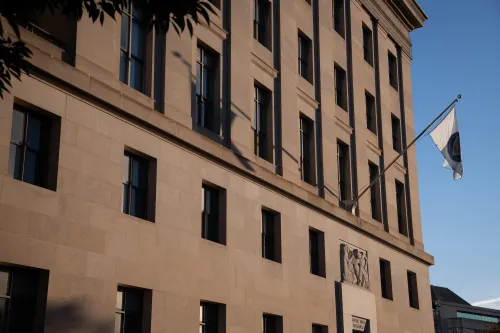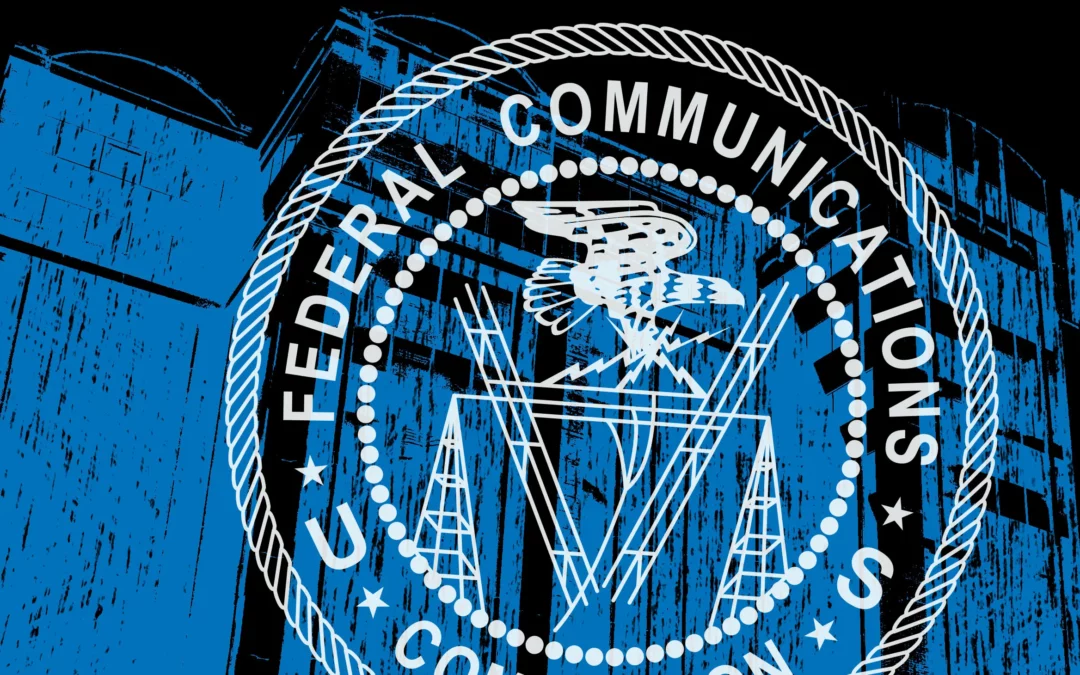Netflix is once again using the FCC’s net neutrality rulemaking to argue that large internet service providers’ interconnection fees.
Which connect Netflix and other unaffiliated streamers to their end users, are potentially anti-competitive and should be eliminated or closely monitored.

The Federal Communications Commission’s proposed net neutrality rules prioritize nondiscriminatory access by subscribers over the network’s last mile to the home or business over connections between the internet backbone and interconnecting networks, but they also consider interconnection fees to be potentially anti-competitive.
READ MORE: As Streaming Services Gain Traction, Netflix Leads The Oscar Race
When the Democratic-led FCC imposed net neutrality rules in 2015, it stated that ISPs might possibly exploit the points at which their terminating access networks join with other networks, as well as the last-mile connection to customer homes, according to Netflix.
The current FCC, in proposing to reimpose the restrictions, also stated that ISPs should be forbidden “from charging edge providers a fee to avoid having the edge providers’ content, service, or application ‘blocked’ or ‘throttled.'”
Netflix clearly agrees.
As part of preserving an open internet, Netflix warned the FCC in comments on the possible reinstatement of network neutrality laws that the agency may seek to restrict such “access” payments to ensure that its and other edge providers’ content is not “blocked or throttled.”
READ MORE: The FCC Proposes New Rules To Protect Consumers Against Cable And Streaming Blackouts
That’s because Netflix argues it has to pay those fees to larger ISPs to prevent them from generating congestion for Netflix traffic to favor an ISP’s own linked services.

Netflix used the Comcast-owned Peacock streaming service and its groundbreaking, streaming-exclusive carriage of the January 13 Kansas City Chiefs-Miami Dolphins NFL wild-card playoff game, which according to research firm Antenna drew the most subscription signups in streaming history.
Access to major sporting events has always been a source of contention for content distribution.
To ensure that material from unaffiliated edge providers such as Netflix is not restricted, the business stated that the FCC must monitor complaints about anti-competitive interconnection behavior on a case-by-case basis under the clear-cut rules prohibiting blocking or throttling.
ISPs have influence over enabling other providers or content platforms to interface with their network via “peering” and “transit” agreements, giving them the ability and incentive to “exploit the size of their networks to impose’selective’ interconnection policies,” according to Netflix.
While Netflix stated that most ISPs interconnect “cooperatively and efficiently,” large ISPs, particularly vertically integrated ones, have the ability to anticompetitively exploit their control over connections by “either (1) degrading the quality of their competitors’ content or (2) increasing their competitors’ costs.”
Radiant and America Nu, offering to elevate your entertainment game! Movies, TV series, exclusive interviews, music, and more—download now on various devices, including iPhones, Androids, smart TVs, Apple TV, Fire Stick, and more.



